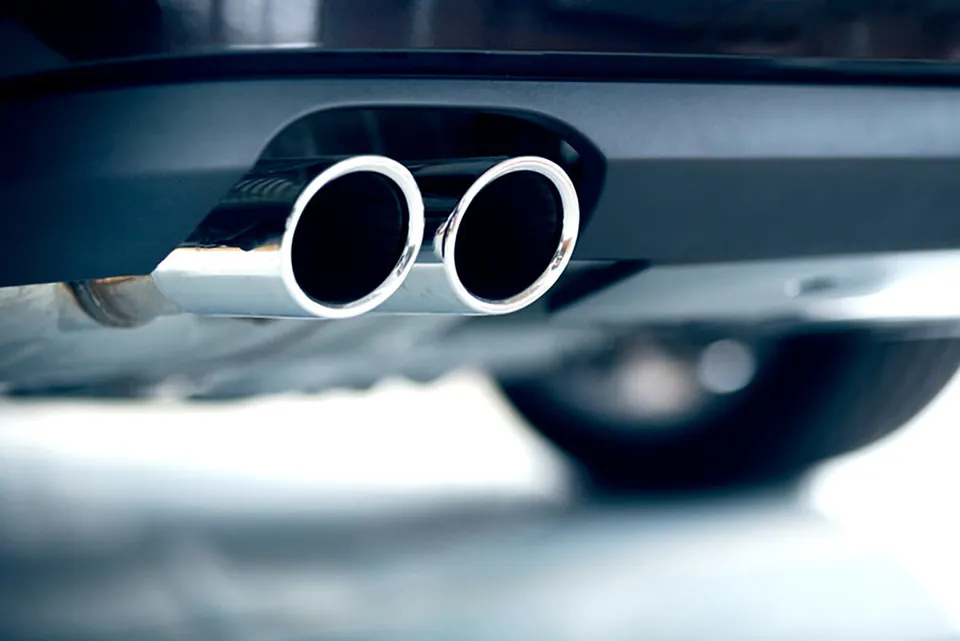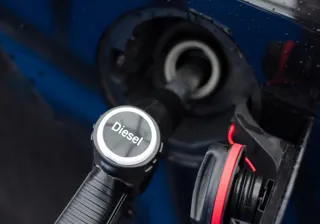FleetCheck believes that 2020 could turn out to be a make or break year for diesel, with the fuel facing further demonisation just as new emissions standards delivering real benefits become more widely available.
Peter Golding, managing director at the fleet management software specialist, says that, in terms of public perception, any nuance surrounding the diesel debate has disappeared almost completely.
“Probably the best example of this is the blanket diesel ban that is going to be applied in Bristol city centre,” explained Golding.
“Older petrol cars that probably have markedly worse emissions than the latest RDE2 diesels will be allowed in.
“It makes little sense and helps to create the impression that whatever technological advances are now made with diesel, its ongoing demonisation might be inevitable.”
Golding believes that the fuel type’s future is now reliant on how the public perceive new RDE2 engines.
“RDE2 effectively puts diesel on a roughly equal footing with petrol from an emissions point of view,” he said. “The question is whether everyone from legislators to the general public are willing or able to make that distinction.
“In a sense, the next 12 months could prove to be something of a make or break period for diesel.
“If its reputation doesn’t make something of a recovery with the new technology coming online, then it may never do so.”
In many cases and especially for high mileage drivers, diesel remains the best option, but it may end up disappearing from choice lists for reasons of perception rather than actual fact.
“The situation is even more acute on commercial vehicle fleets where diesel is effectively the only option in many, many cases, with limited availability of petrol alternatives and almost no hybrid or electric options,” continued Golding.
He believes a general perception of diesel as the supposed source of all emissions ills also risked creating air quality outcomes that were ultimately unsatisfactory.
“One of the reasons that we are in the current position is because legislators long concentrated on CO2 emissions to the detriment of other environmental measures,” he said. “Obsessing over diesel risks taking a similarly narrow view with similar results.
“Air quality is obviously a major concern and ensuring that sensible measures are taken that make sense and bring about real change is too important not to be taken seriously. That means taking a wider view on environmental matters.”
























rosco7 - 02/12/2019 09:24
I believe the death of diesel has already begun. There is no easy to articulate argument for the newer cleaner diesel cars. And the legacy of "dieselgate" means that even RDE2 compliant diesels will not necessarily be trusted. New diesel car registrations are now at 24% and falling. With the majority of those vehicles being bought by company car fleets. Ultimately, diesel is associated with being dirty and part of the cheating by OEM's. At the moment residual values of ex company car diesels are surprisingly good, but this will change as good quality hybrid and petrol cars go through the system. This new anti diesel phenomenon only started 2-3 years ago, so we still don't know how those cars RV will be affected. Once the WLC of diesel cars goies above the WLC of alternative and petrol cars then that will be the end of it. Imagine the newspaper article, "Diesel cars are bad unless they are RDE2 compliant". Whereas the media prefers the simpler, diesel is bad message. We must remember the public are rarely car emission experts, in the same way as people in the industry. And there is no easy way to promote diesel in the future. Ultimately if by 2030 there will be no new diesel or petrol cars, then we are looking at a rapid decline in the next 10 years.